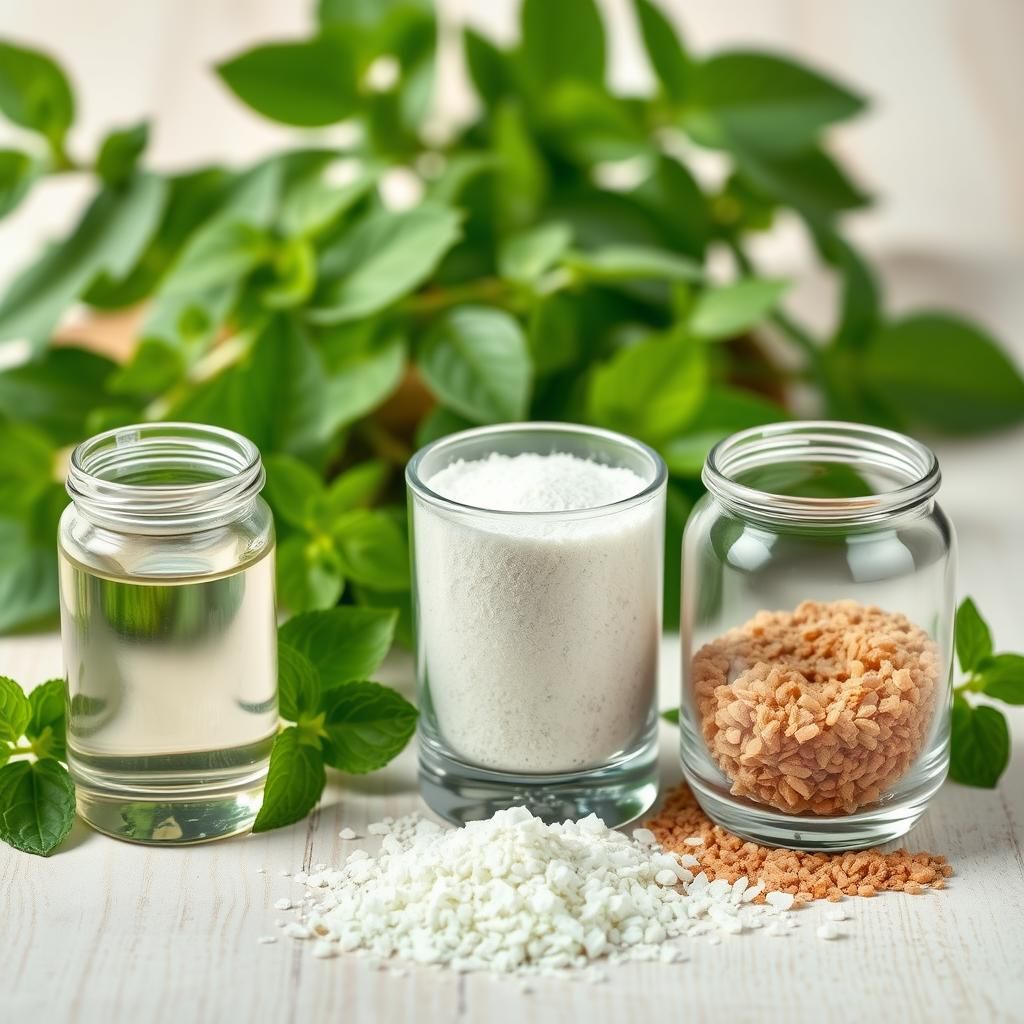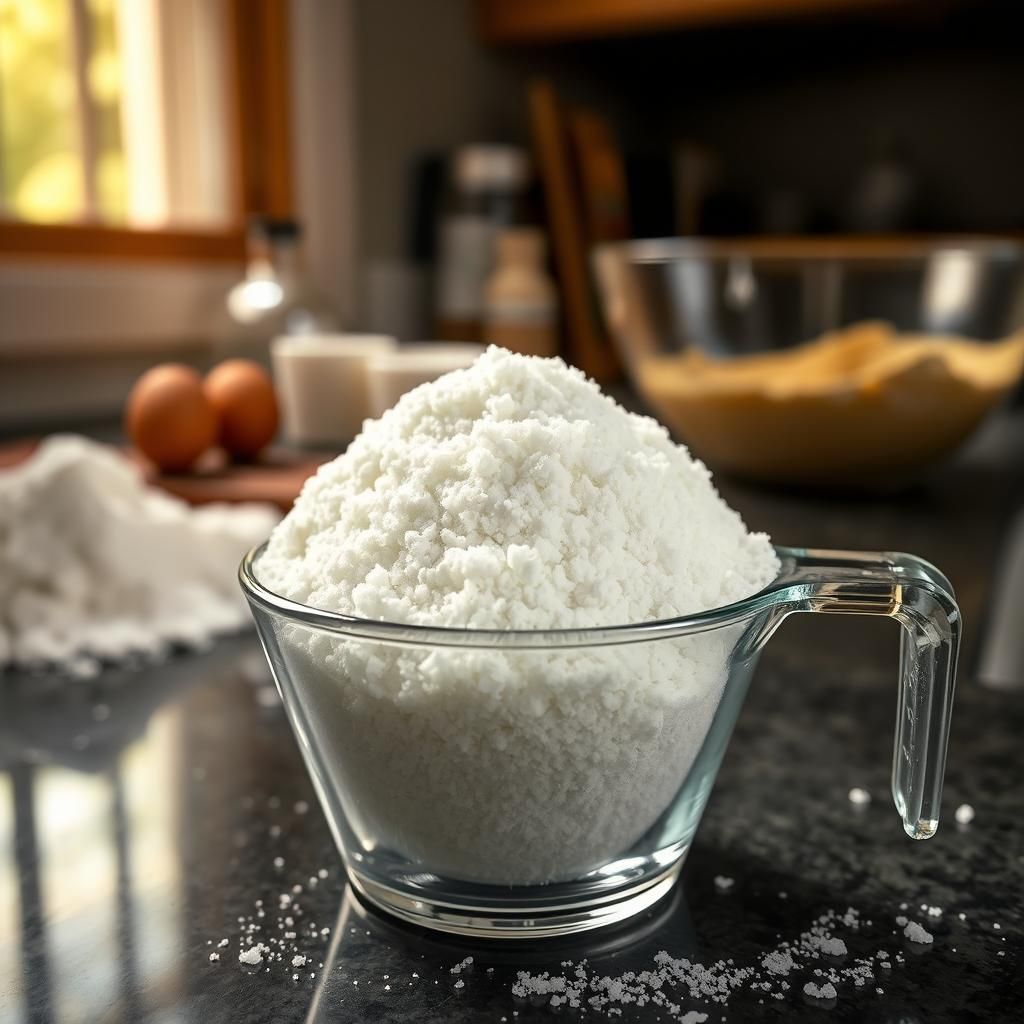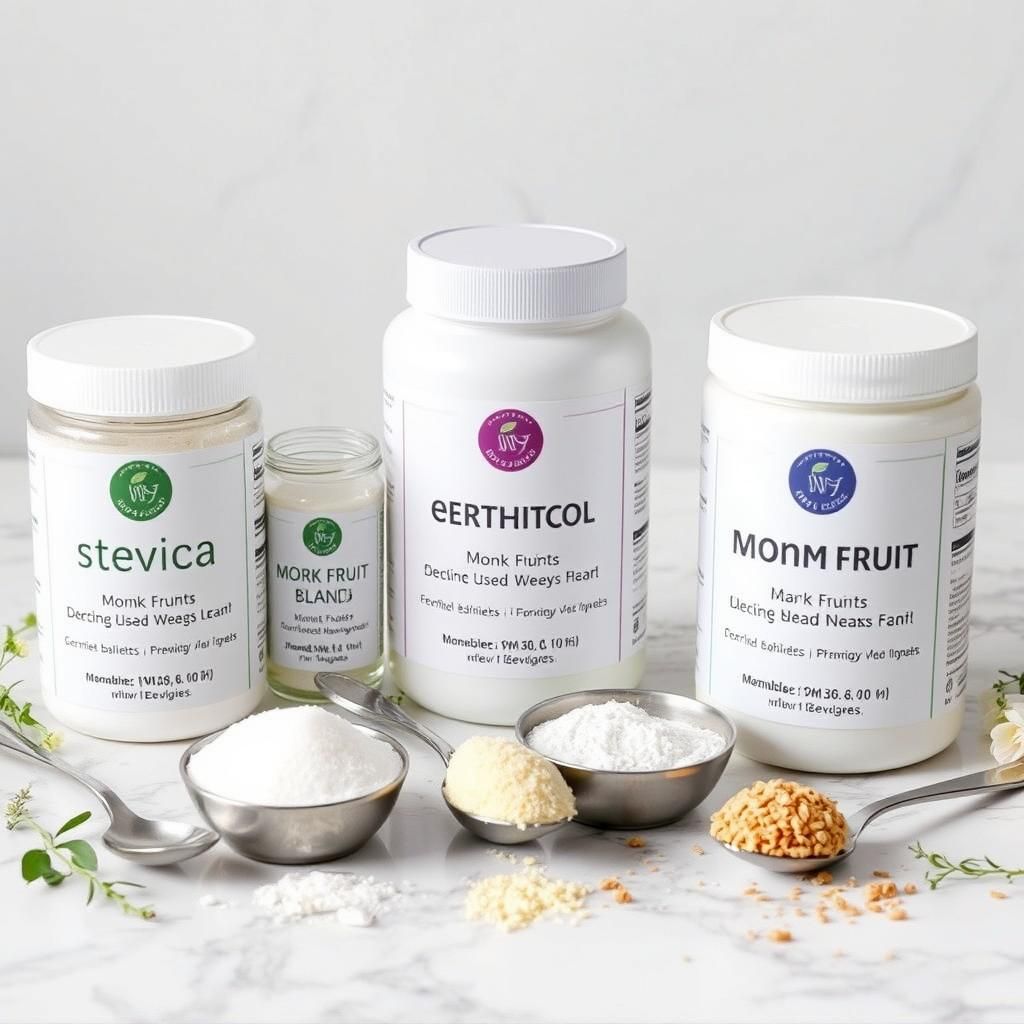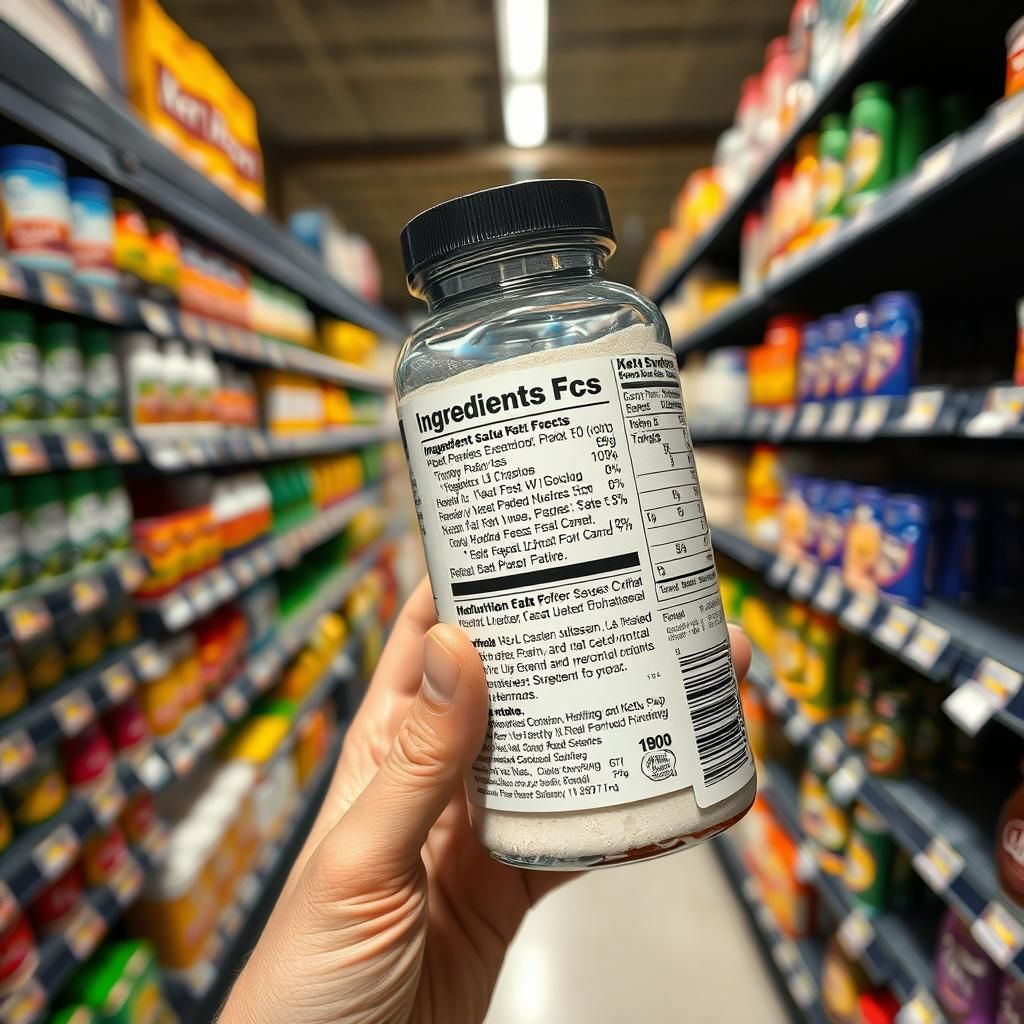Best Keto Sweeteners: A Comprehensive Guide

What Makes a Sweetener Keto-Friendly?
The ketogenic diet is a very low-carb, high-fat diet. To stay in ketosis (where your body burns fat for fuel instead of glucose), carbohydrate intake must be drastically restricted. This means avoiding traditional sugars. Therefore, keto-friendly sweeteners have these key characteristics:
- Minimal to Zero Net Carbs: Net carbs are calculated by subtracting fiber and sugar alcohols from total carbohydrates. Keto sweeteners should have a negligible impact on blood sugar levels.
- Low Glycemic Index (GI): The GI measures how quickly a food raises blood sugar. Keto sweeteners have a low GI, preventing insulin spikes.
- No Calories or Very Low Calories: While not always essential, many keto sweeteners are also low in calories, contributing to overall calorie management.
Best Keto-Approved Sweeteners
Here’s a detailed breakdown of the best sweeteners for a ketogenic lifestyle, including their benefits, potential drawbacks, and best uses.
1. Stevia

- What it is: A natural sweetener derived from the Stevia rebaudiana plant.
- Net Carbs: Zero.
- Glycemic Index: Zero.
Pros:
- Highly potent (200-300 times sweeter than sugar).
- Non-caloric.
- Doesn’t raise blood sugar.
- Available in liquid, powder, and granular forms.
Cons:
- Can have a bitter aftertaste, especially in high concentrations. Some people are more sensitive to this than others.
- The quality and taste vary significantly between brands.
- Some stevia products are blended with other sweeteners, so check labels carefully.
Best Uses:
Beverages, sauces, dressings, some baked goods (experimentation needed).
2. Monk Fruit

- What it is: A natural sweetener extracted from the monk fruit (luo han guo), a small melon native to Southeast Asia.
- Net Carbs: Zero.
- Glycemic Index: Zero.
Pros:
- 150-200 times sweeter than sugar.
- Non-caloric.
- Doesn’t raise blood sugar.
- Generally considered to have a less bitter aftertaste than stevia.
- Contains antioxidants called mogrosides.
Cons:
- Can be more expensive than other sweeteners.
- Often blended with other sweeteners like erythritol (check labels).
Best Uses:
Similar to stevia – beverages, sauces, dressings, and baking.
3. Erythritol

- What it is: A sugar alcohol found naturally in some fruits and fermented foods. It’s produced commercially through fermentation.
- Net Carbs: Close to zero (0.24 calories per gram, but most is not absorbed).
- Glycemic Index: Zero.
Pros:
- About 70% as sweet as sugar.
- Doesn’t raise blood sugar or insulin levels.
- Minimal digestive issues compared to other sugar alcohols (most is absorbed in the small intestine and excreted).
- Good for baking, providing some bulk and texture.
Cons:
- Can have a cooling sensation in the mouth.
- Large amounts may cause digestive upset in sensitive individuals (although much less likely than with other sugar alcohols).
Best Uses:
Baking (especially when combined with other sweeteners), beverages, and anything where a granular texture is needed.
4. Xylitol

- What it is: Another sugar alcohol, found naturally in many fruits and vegetables. It’s commercially produced from xylan, a fiber found in birch trees and corn cobs.
- Net Carbs: Varies, but lower than sugar (approximately 4g net carbs per teaspoon, although absorption varies).
- Glycemic Index: Around 7-13 (low, but not zero).
Pros:
- Similar sweetness to sugar.
- May have dental benefits (reduces the risk of cavities).
- Good for baking.
Cons:
- Highly toxic to dogs. Even small amounts can be fatal. Keep xylitol products out of reach of pets.
- Can cause significant digestive upset (gas, bloating, diarrhea) in some people, especially in larger quantities.
- Does have a small impact on blood sugar, so moderation is key for strict keto.
Best Uses:
Baking (if tolerated), chewing gum, mints (due to dental benefits). Use with caution and monitor your individual response.
5. Allulose

- What it is: is a “rare sugar” found naturally in small quantities in figs, raisins, and maple syrup.
- Net Carbs: 0.2-0.4 calories per gram.
- Glycemic Index: Zero.
Pros:
- Tastes very similar to sugar, with a mild sweetness (about 70% as sweet).
- Browns and caramelizes more like sugar than other keto sweeteners.
- Minimal to no digestive issues reported.
- Doesn’t raise blood sugar or insulin.
Cons:
- Can be more expensive than other options.
- Relatively newer on the market, so long-term studies are ongoing.
Best Uses:
Excellent for baking, making caramel, and ice cream.
6. Blends (e.g., Stevia/Erythritol, Monk Fruit/Erythritol)

- What they are: Combinations of different keto sweeteners.
- Net Carbs/Glycemic Index: Varies depending on the specific blend (check labels).
Pros:
- Can improve taste and reduce the aftertaste of individual sweeteners.
- May offer a better texture for baking.
- Often more cost-effective than buying individual sweeteners.
Cons:
- Need to carefully read labels to understand the exact composition and carbohydrate content.
Best Uses:
Versatile; suitable for baking, beverages, and general sweetening.
Sweeteners to Avoid on Keto

These sweeteners have a significant impact on blood sugar and should be avoided on a ketogenic diet:
- Sugar (Sucrose): Table sugar, brown sugar, cane sugar, coconut sugar, etc.
- Honey: While natural, it’s very high in fructose and glucose.
- Maple Syrup: Similar to honey, it’s a natural sweetener with a high glycemic index.
- Agave Nectar: Very high in fructose, even more so than high-fructose corn syrup.
- High-Fructose Corn Syrup (HFCS): A highly processed sweetener with significant negative health impacts.
- Maltitol: A sugar alcohol with a relatively high glycemic index (around 35-52) and often causes digestive issues.
- Sorbitol and Mannitol: Sugar alcohols that can cause significant digestive discomfort.
- Dates: While a whole food, dates are extremely high in sugar.
Choosing the Right Keto Sweetener: Practical Tips

- Read Labels Carefully: Always check the ingredient list and nutritional information. Look for hidden sugars or fillers. Pay close attention to serving sizes and net carbs.
- Start Small: When trying a new sweetener, start with a small amount to assess your tolerance and taste preference.
- Consider Your Use Case: Some sweeteners are better for baking, while others are better for beverages.
- Listen to Your Body: Pay attention to how your body reacts to different sweeteners. If you experience digestive issues or other negative effects, discontinue use.
- Experiment: Don’t be afraid to try different sweeteners and blends to find what works best for you.
- Conversion: Keep a conversion chart handy. Since some keto sweetners are more or less sweet than sugar.

Frequently Asked Questions (FAQs) about Keto Sweeteners
- Q: Are artificial sweeteners like sucralose and aspartame keto-friendly?
- A: While sucralose (Splenda) and aspartame (Equal, NutraSweet) are technically zero-calorie and zero-carb, they are often highly processed and may have potential negative health effects. Some studies suggest they might indirectly impact insulin sensitivity, although more research is needed. Many people in the keto community choose to avoid them in favor of more natural options.
- Q: Can I use keto sweeteners if I have diabetes?
- A: Generally, yes. Most keto sweeteners have a minimal impact on blood sugar levels. However, it’s crucial to consult with your doctor or a registered dietitian, especially if you have diabetes. They can help you determine the best sweeteners and amounts for your individual needs.
- Q: Will keto sweeteners kick me out of ketosis?
- A: The sweeteners listed as “best” (stevia, monk fruit, erythritol, allulose) should not kick you out of ketosis when used in moderation. They have a negligible impact on blood sugar and insulin. Xylitol has a small impact, so it’s important to be mindful of your intake.
- Q: Are there any long-term health effects of using keto sweeteners?
- A: Research is ongoing, especially for newer sweeteners like allulose. For the well-established sweeteners (stevia, erythritol, monk fruit), studies generally indicate they are safe for consumption. However, individual tolerance varies, and it’s always a good idea to consume any sweetener in moderation.
- Q: What are sugar alcohols?
- A: Sugar alcohols are a type of carbohydrate that is neither sugar nor alcohol. They are often used as reduced-calorie sweeteners. Sugar alcohols are found naturally in certain fruits and vegetables.
Check Out This
Conclusion
Choosing the right sweetener is crucial for success on a ketogenic diet. By understanding the different options and their properties, you can enjoy sweetness without compromising your health goals. Remember to prioritize natural sweeteners, read labels carefully, and listen to your body. With a little experimentation, you can find the perfect keto-friendly sweeteners to satisfy your sweet cravings and stay in ketosis.
Affiliate Link Disclosure: Some of the links in this post are affiliate links. This means that if you click on the link and make a purchase, I may receive a small commission at no extra cost to you. I only recommend products or services that I personally use and believe will be valuable to my readers.






